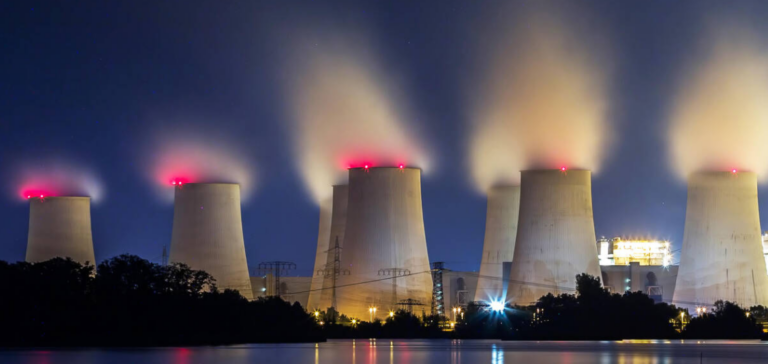The recently published BloombergNEF (BNEF) report draws attention to a worrying reality: in 2022, fossil fuel subsidies reached an unprecedented level, more than doubling from the previous year. This significant increase reflects an alarming trend among member countries of the G20, made up of 19 states and the European and African Union. The report focuses specifically on the 19 countries.
Record increase in fossil fuel subsidies in 2022
The detailed analysis reveals that these governments and public companies have spent nearly $1,300 billion to support fossil fuels. Of this colossal sum, governments and public companies have allocated around $830 billion to support consumer prices. They also attributed the remainder to gas, oil and coal producers, who recorded record profits with an 84% increase in 2022.
Comparison of subsidies between 2021 and 2022
By comparison, subsidies in 2021 will amount to $583 billion, according to the panel, which drew on data from the OECD and the International Energy Agency, among others. These figures illustrate a worrying trend, especially in light of recent international climate commitments.
Subsidies forecast in 2023
Although subsidies in 2023 are expected to fall compared with 2022, they should remain higher than in previous years. Victoria Cuming, co-author of the report, points out that despite a slight drop expected in 2023, support for fossil fuels is likely to remain above the pre-2022 average, due to the ongoing energy crisis.
Impact of subsidies on climate objectives
The report also raises a striking comparison: subsidies in 2022 could have financed 1.9 terawatts of solar power plants, ten times the capacity installed by the G20 in one year. This perspective highlights the contradiction between current investments in fossil fuels and the climate commitments made by governments at recent summits such as the G7, G20 and COPs.
Coal: Limited reduction but major environmental impact
In detail, the report notes a relative drop in support for coal, which accounts for just 2% of total subsidies, or $21 billion. However, this fuel remains the most harmful to the climate, and its continued support poses a major challenge to meeting greenhouse gas emission reduction targets.
The report also discusses the introduction of a carbon price, currently in place in 13 G20 countries and in preparation in Brazil, India and Turkey. However, he deplores the ineffectiveness of most of these programs, attributed to too low a carbon price or excessive concessions, such as free credits or tax exemptions.
The report highlights a growing gap between climate commitments and concrete government action, particularly within the G20. Record levels of fossil fuel subsidies in 2022 underline the urgent need to align economic policies with environmental objectives. The future of the fight against climate change will largely depend on governments’ ability to gradually reduce their dependence on fossil fuels, while investing more in sustainable alternatives.






















